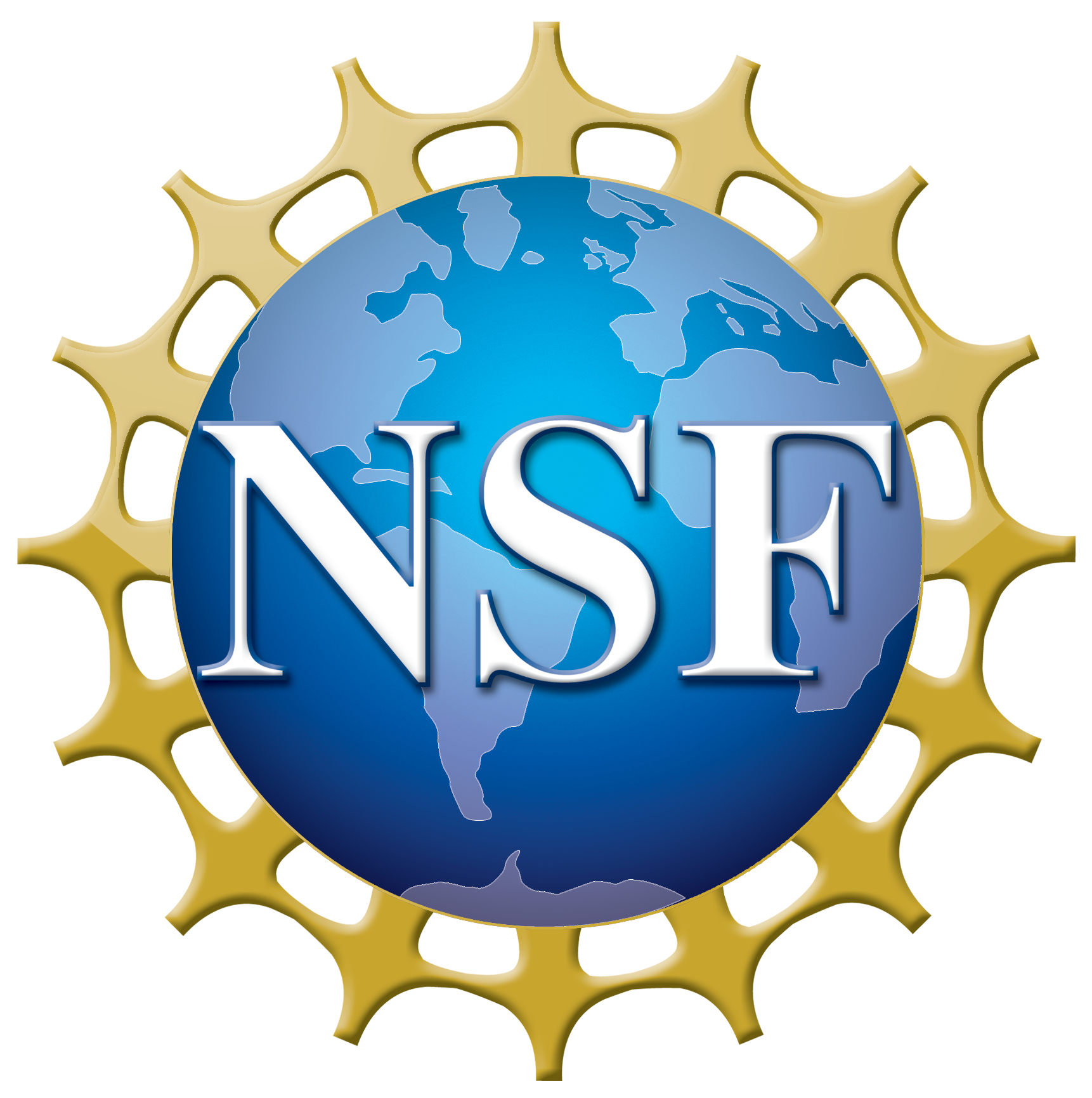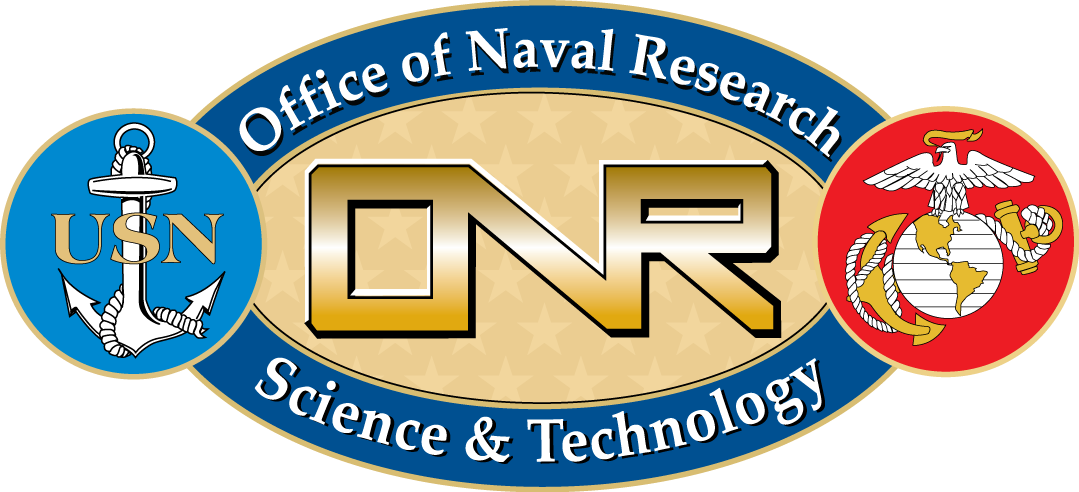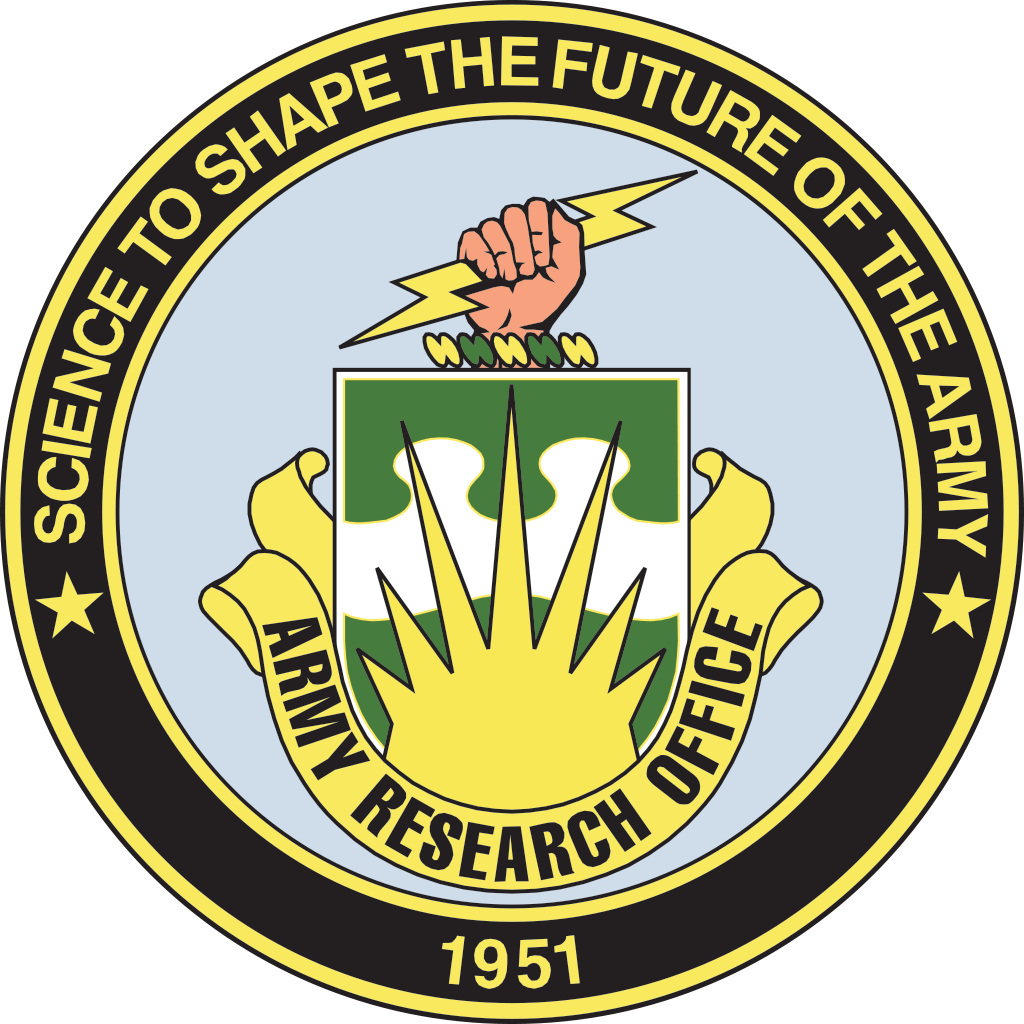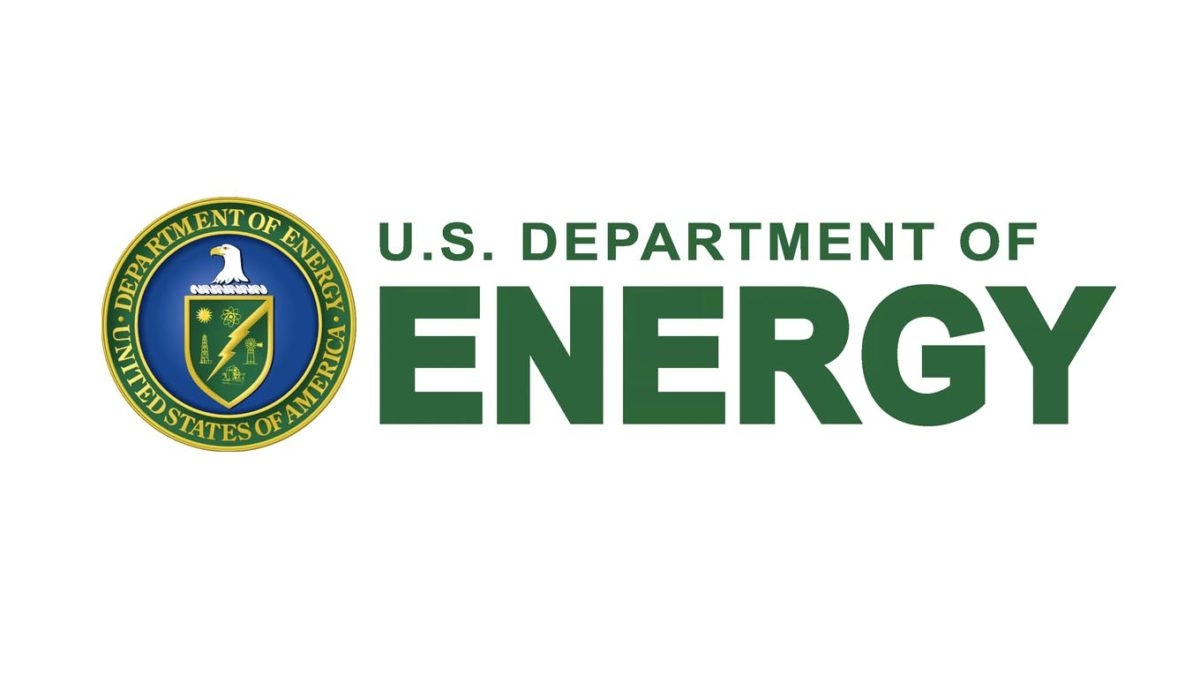The Artificial Intelligence Frontier
Harnessing Artificial Intelligence for Intelligence Augmentation >>>
Building on expertise in artificial intelligence, data science, systems engineering, neuroscience, human factors, robotics, immersive visualization, and education, among others, to accelerate human-technology partnerships toward seamless augmentation, ethically and sustainably.






Artificial Intelligence Research Areas
- 56 / 6G / Next G Communications
- Autonomous Systems
- Advance Driver Assistance Systems
- Automated Driving Systems
- Computer Vision
- Crowdsourcing
- Deep Learning
- Expert Systems
- Evolutionary Computation
- Forecasting
- Future of Work
- Human Computation
- Internet of Things
- Machine Learning
- Natural Language Processing
- Neuromorphic Computing
- Neural Networks
- Smart Manufacturing
- Smart Cities
- Robotics
Artificial Intelligence Research Experts
From robotics to deep learning to computer vision, Virginia Tech researchers are making advances and shaping the future of artifical intelligence.

Luke Achenie

Laura Freeman

Naren Ramakrishnan

Daphne Yao
Artificial Intelligence Research Teams
Talented faculty and students are developing cutting edge research that is leading to Virginia Tech’s rise as a global destination for artificial intelligence knowledge and discovery. Virginia Tech’s artificial intelligence footprint is growing — first with the Blacksburg campus’ capabilities with emerging Washington D.C. metro area strengths.
Artificial Intelligence News
-
Article Item
 Workshop to help researchers unlock AI potential , article
Workshop to help researchers unlock AI potential , articleExperts in artificial intelligence, cybersecurity, and ethical research will share their insights as part of the Unlocking the Power of AI in Research workshop from 8 a.m. to 4 p.m. Friday.
Date: Feb 24, 2026 - -
Article Item
 How Virginia Tech became the voice of veterinary data , article
How Virginia Tech became the voice of veterinary data , articleThe same condition can have dozens of names across different laboratories, regions, and software systems. A three-person team at the university is the only organization in the world maintaining the standardized terminology that eliminates that ambiguity.
Date: Feb 10, 2026 - -
Article Item
 AI microscope flips the popular understanding of cell movement , article
AI microscope flips the popular understanding of cell movement , articleCell movement is a complex study, and Amrinder Nain is leading a team that has unveiled new insights into some of the biggest factors.
Date: Jan 21, 2026 - -
Article Item
 Microsoft fellow looks at preparing the AI workforce, one community college at a time , article
Microsoft fellow looks at preparing the AI workforce, one community college at a time , articleAwarded a prestigious fellowship from Microsoft, Associate Professor Sarah L. Rodriguez aims to impact policy and programming around higher education’s approach to artificial intelligence workforce development.
Date: Jan 12, 2026 -
Page 1 of 23 | 91 Results






